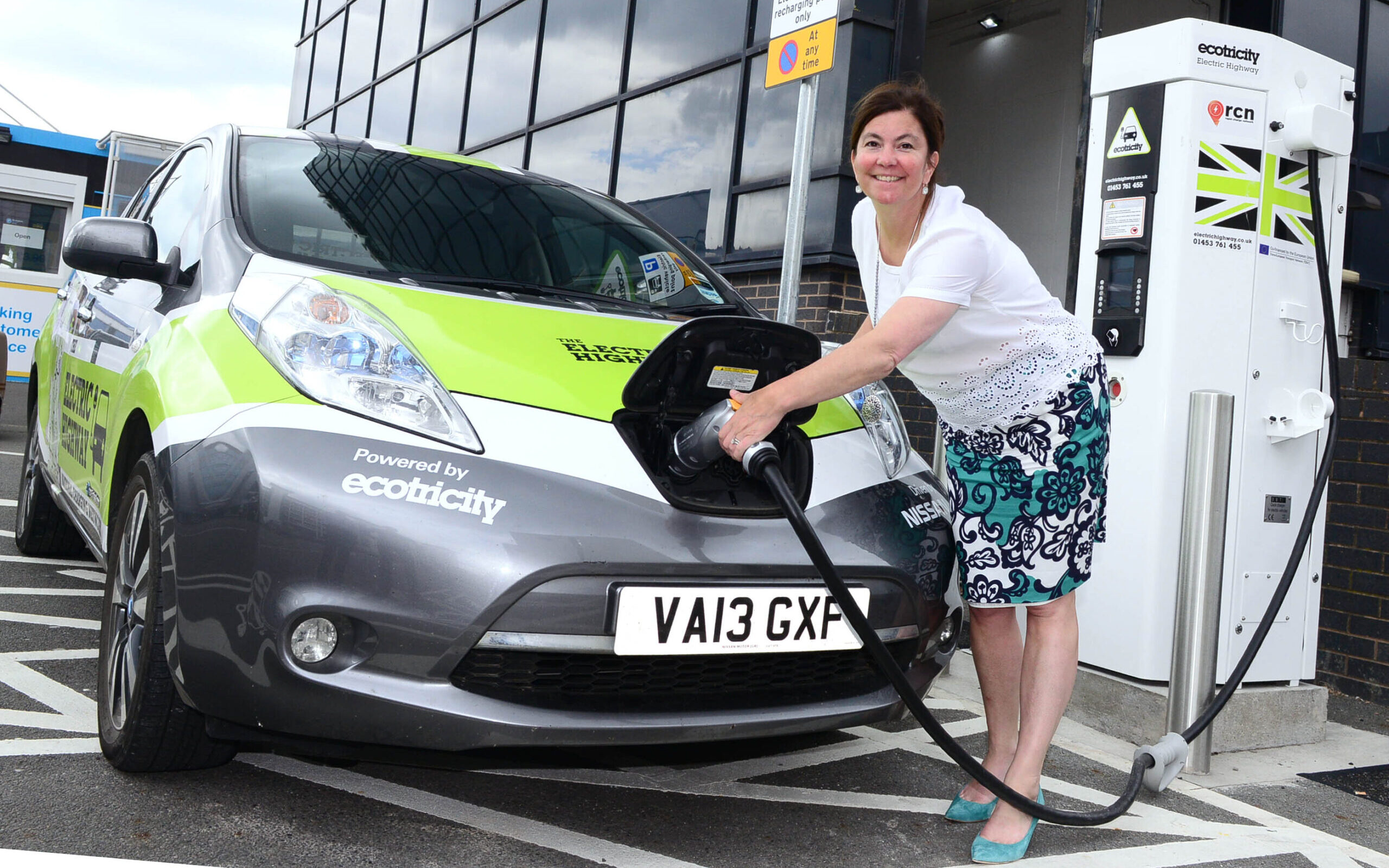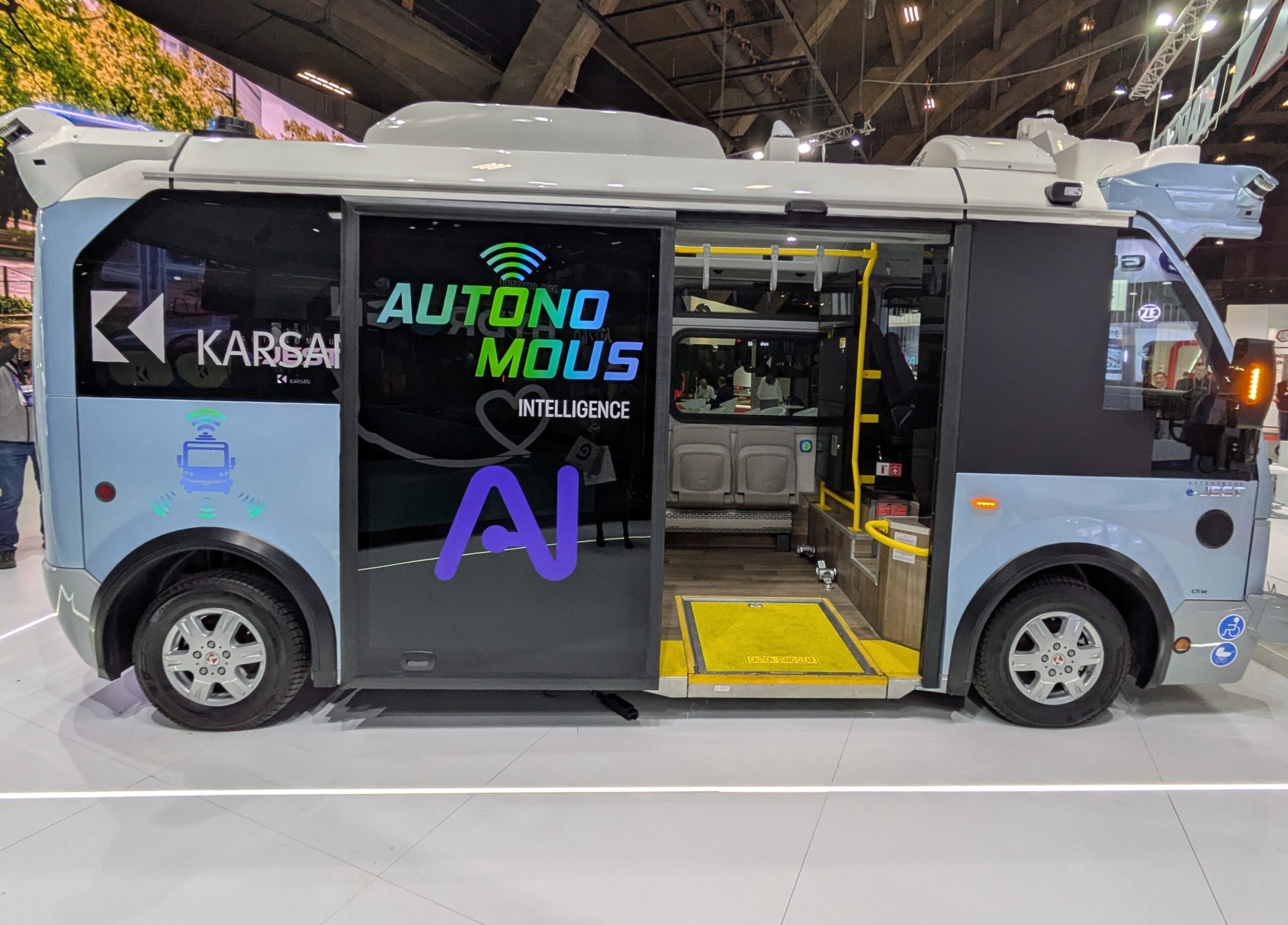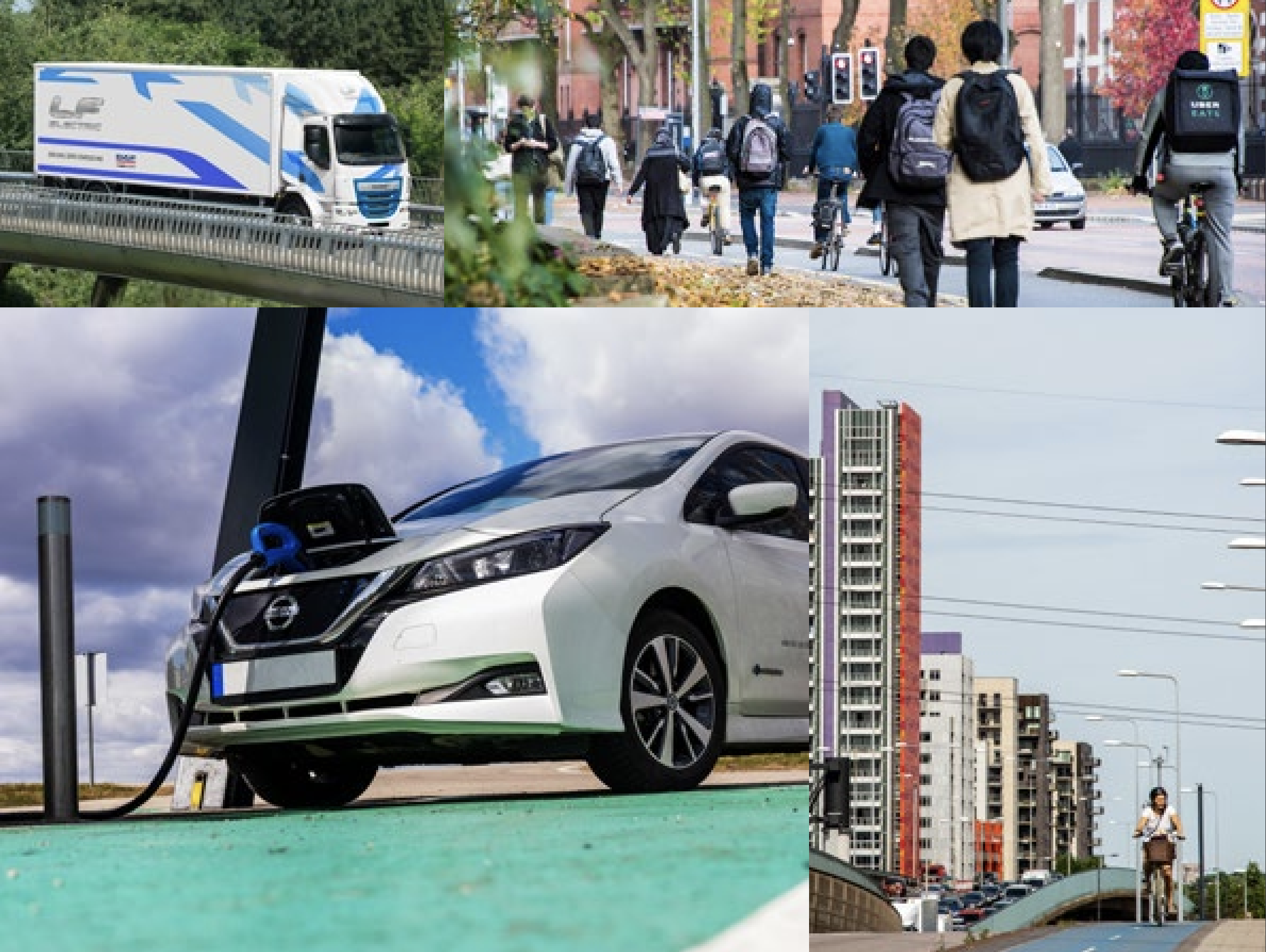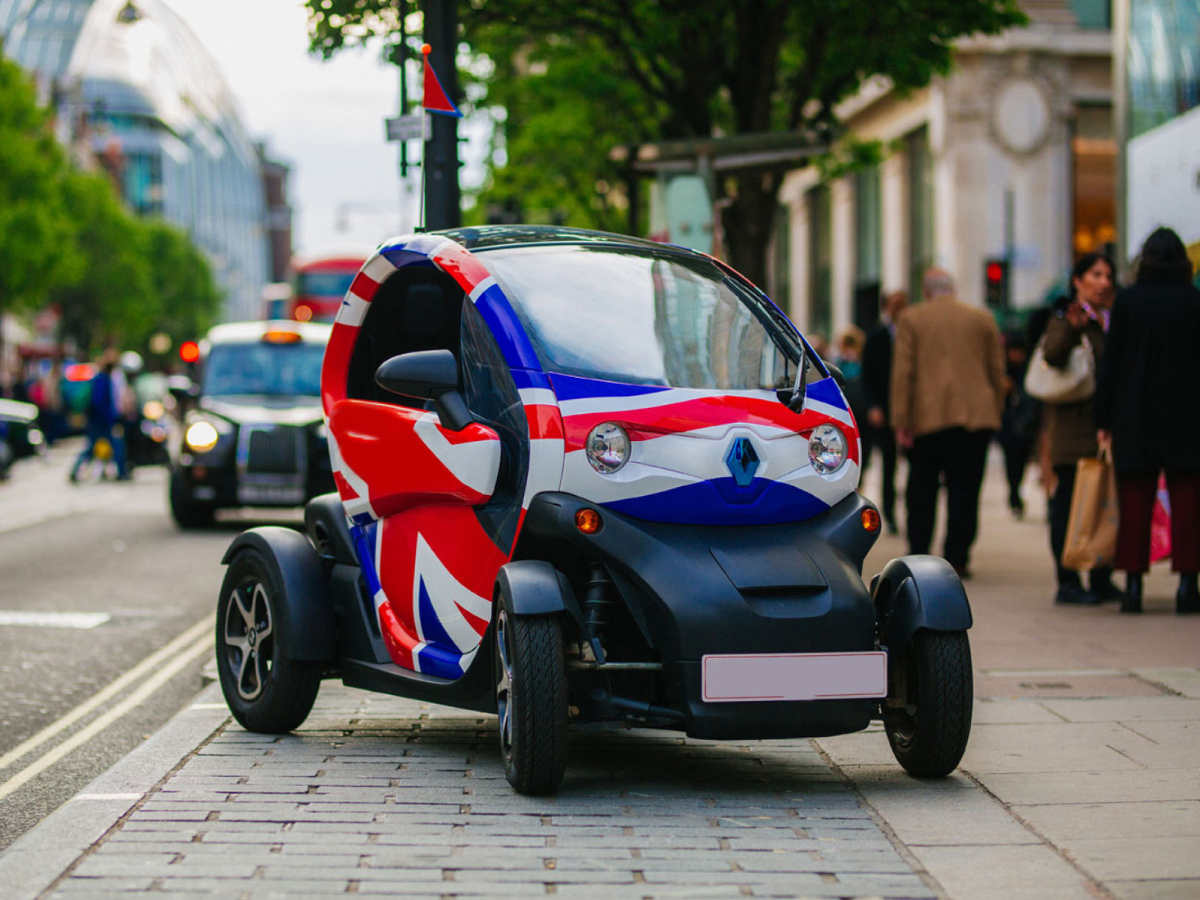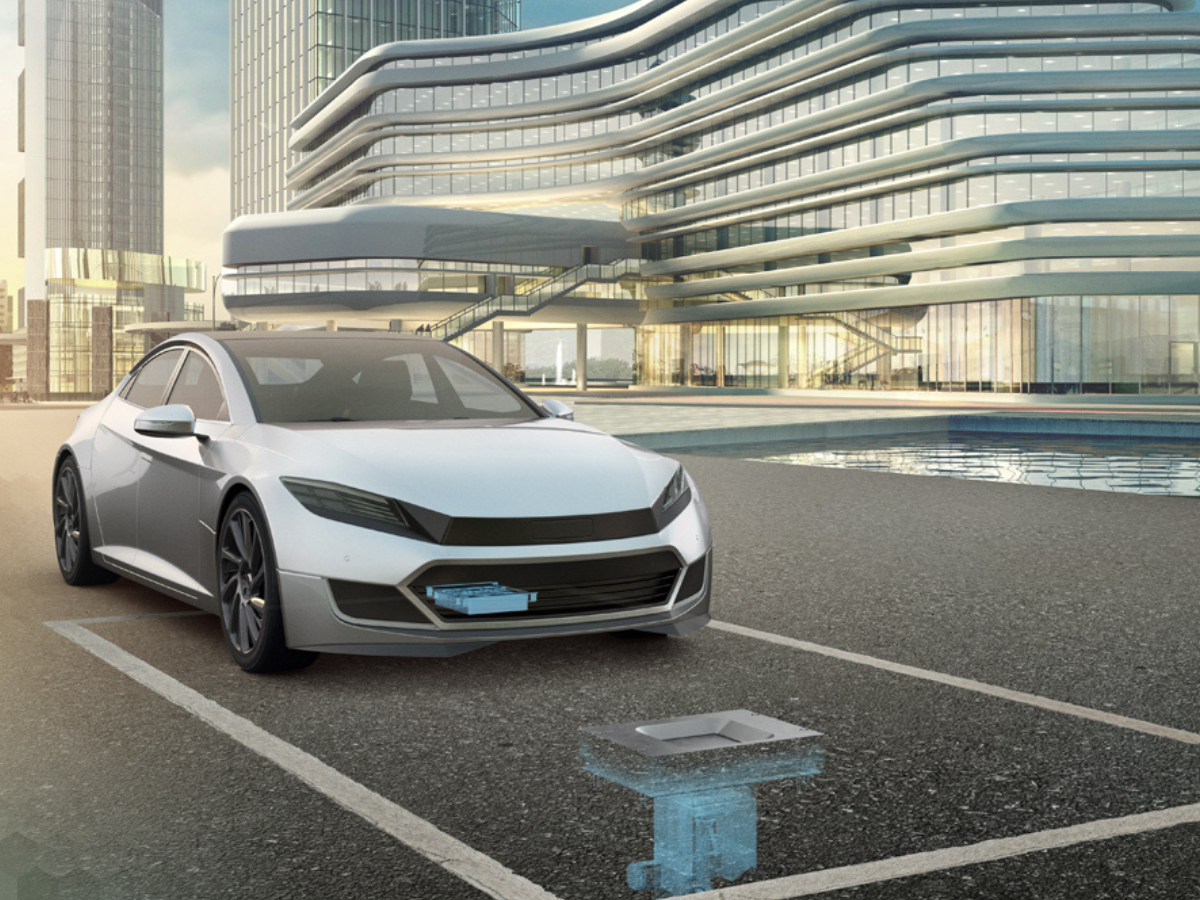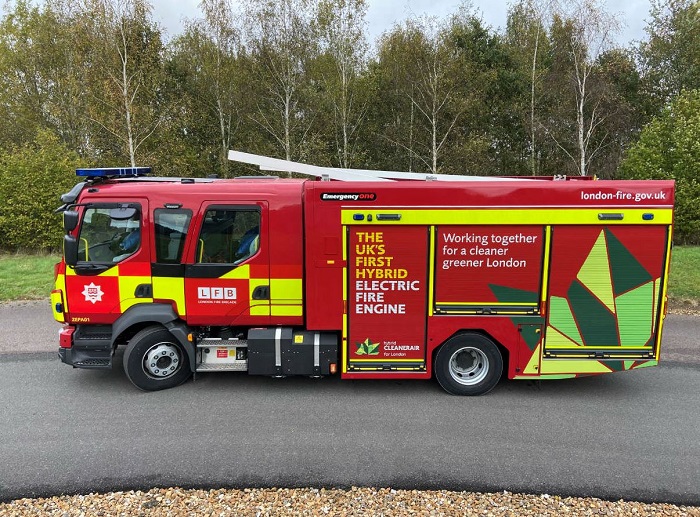Although electrification is often seen as a panacea for reducing greenhouse gas emissions from transport, this perception was repeatedly countered throughout the Future Mobility Sector Day at the UK House in Birmingham.
The Future Mobility Sector Day was hosted by the West Midlands Growth Company on 4 August 2022 in conjunction with the Commonwealth Games to explore how future transport solutions could meet net-zero targets across the Commonwealth. Throughout the event, industry leaders highlighted that electric vehicles could not be relied upon as an easy fix for decarbonising transport.
High Upfront Carbon Emissions
George Gillespie, Executive Chairman of HORIBA MIRA stressed that electric vehicles produced 40 percent more carbon during the manufacturing process compared to petrol and diesel vehicles and ran on electricity that was often not carbon-free at source.
Being zero-emission at the tail pipe only addresses part of the issue, and Ian Constance, CEO of the Advanced Propulsion Centre argued that we might fail to establish more sustainable solutions if we became complacent that electrification was putting us on track to net-zero.
Ian Constance, CEO of the Advanced Propulsion Centre said:There is a focus on battery electric vehicles almost to the exclusion of other technology, and that is dangerous.
The UK has mandated that no new petrol and diesel cars will be sold by 2030. However, in order to replace private vehicles with zero-emission alternatives, Constance noted that high quantities of cobalt, lithium and nickel would be needed to produce the required batteries.
The Rare-Earth Metal Supply Chain
Although investments in sites such as the Britishvolt gigafactory aim to meet the demand for electric vehicle supply, production is still in danger of significant supply chain risk if these raw materials and rare earth metals cannot be sufficiently sourced. Consequently, it may not be feasible for a significant proportion of the population to own an electric car if the batteries cannot be produced to power them.
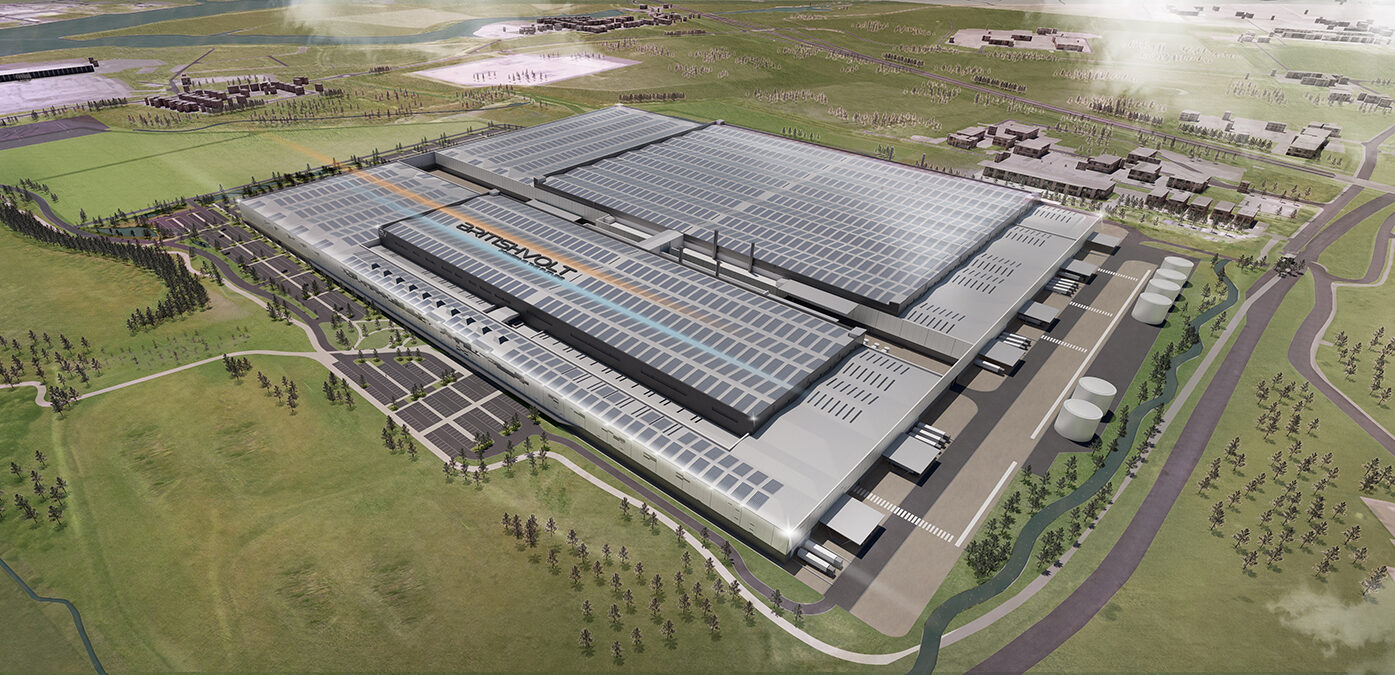
At the Future Mobility Sector Day, Isobel Sheldon, Chief Strategy Officer at Britishvolt claimed that Britishvolt was responding to these risks and acknowledged that a fundamental shift was needed to ensure the supply chain became more circular through recycling of key materials. In addition, Sheldon emphasised that the current ‘one-size-fits-all’ approach to battery technology wasn’t sustainable and smaller batteries and different chemistries needed to be explored to make better use of available resources.
Ian Higgins, Managing Director at Less Common Metals Ltd stated that although China had typically monopolised the rare-earth element supply chain, this domination had begun to lessen in the last ten years. Instead, mining opportunities in Australia, India and Malaysia may help meet the supply chain demands from within the Commonwealth.
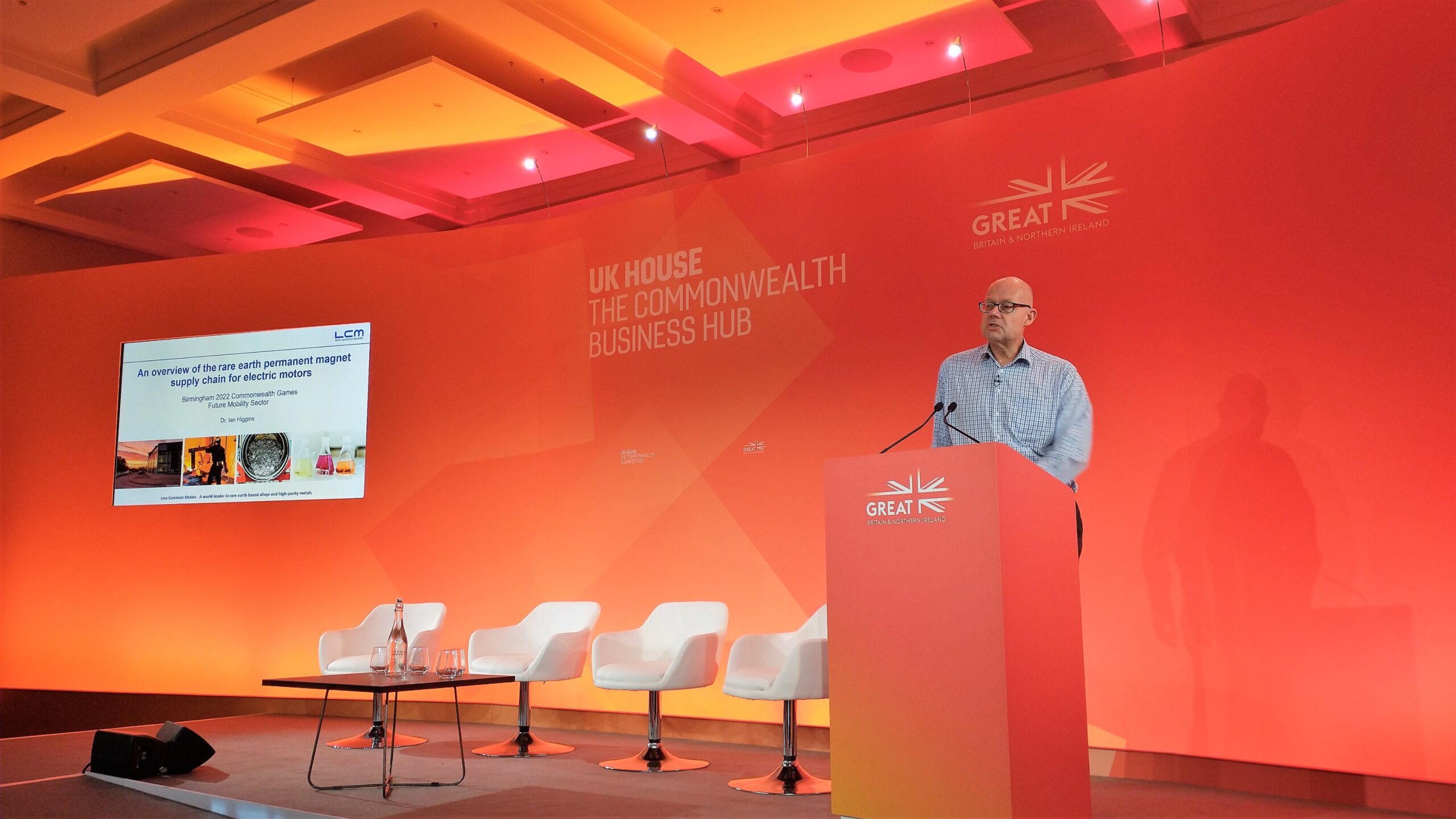
A Focus on Modal Shift
Despite opportunities, it is evident that electrification is not a simple solution for eliminating transport emissions. Indeed, Mark Stringer, Commercial Director of Lotus Engineering – an offshoot of British sports car manufacturer Lotus Cars – noted during a panel discussion that traditional transport may not be the viable way forward. Instead, we must consider a blend of solutions that included a modal shift away from private cars, he said.
This perspective highlights the necessity of ensuring that the hype around electric cars does not detract from a focus on public and last mile transportation alternatives. In line with this view, Lotus Engineering is collaborating with industry partners to apply its technology to micromobility and autonomous shuttles, despite previously focusing on private sports cars.
Furthermore, in his opening speech, Andy Street, Mayor of the West Midlands, highlighted that the West Midlands was at the heart of the UK transport industry due to key projects such as autonomous shuttle testing, the development of Coventry Very Light Rail, contributions to HS2 and the establishment of Birmingham as the UK’s first 5G testbed to enable intermodality. These projects demonstrate the region’s range of future transport innovations that should not be overshadowed by its prominent role in the automotive industry.
EVs Don’t Reduce Congestion and Other Urban Problems
Although a reliance on private cars may motivate people to look for a solution that is compatible with the continued use of private vehicles, the perceived simplicity of electrifying such transport is arguably not a reality. In addition to the issues of embedded carbon and supply chain risk discussed at the Future Mobility Sector Day, transitioning to a future that relies on electrified private cars does not help combat congestion or infrastructure problems. Obviously air quality and noise pollution are major issues in towns and cities and electric vehicles are better than traditional vehicles on both these counts.
However, one major problem cities face is one of space. Private cars, even when electric, do not and will not move a greater number of people. And the amount of energy needed to move one or two people in addition to two tons of metal is surely also environmentally wasteful. Because of their batteries, electric vehicles are substantially heavier than their petrol and diesel counterparts, compounding this problem.
In contrast, a modal shift towards public transport – space-efficient mass transport – would reduce traffic and allow cities to reclaim space currently occupied by large car parks. It is thus evident that countries within the Commonwealth and beyond need to reduce the hype around electrification as a fix-all and focus on alternatives that also address our other key transportation issues.

